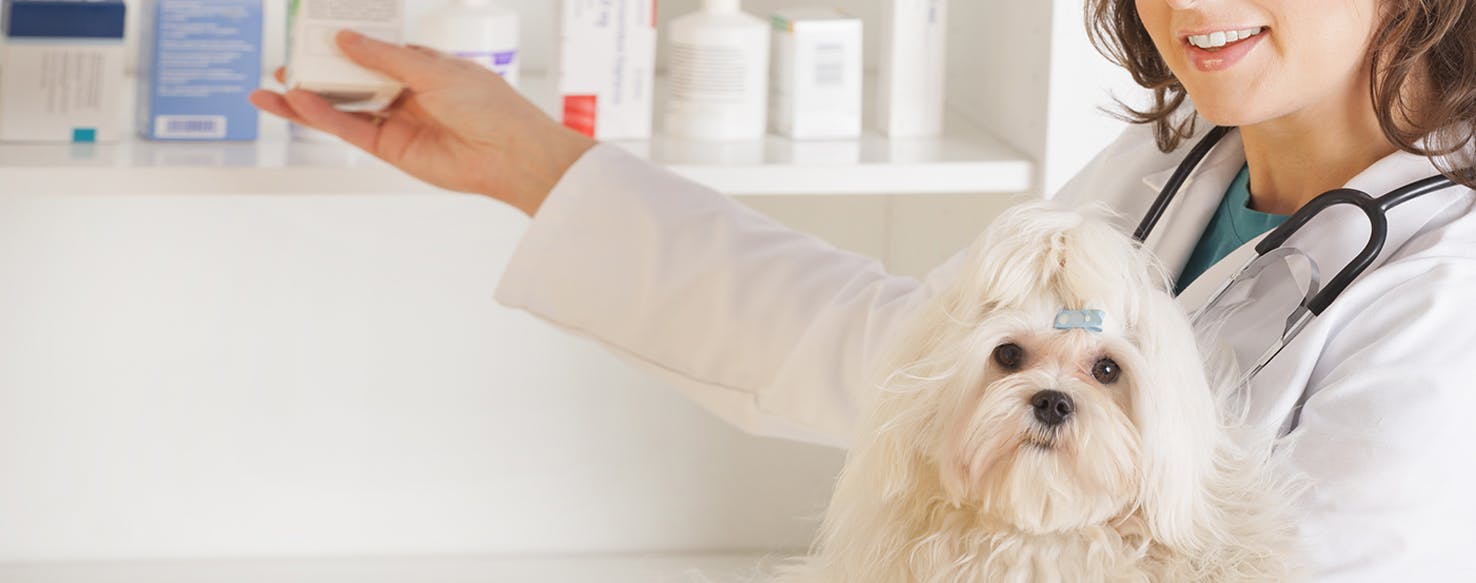Here's a question for you. Let's say you love a certain brand of breakfast cereal and can't start the day without a bowl of those delicious crunchy munchies. Then a superstore brings out their own version, which is cheaper but not as prettily packaged. Are you tempted to switch?
It is human nature to be suspicious when something looks cheaper and costs less. Have they scrimped on the fruit? Does it taste as good? What's the catch?
Now think of this in terms of your dog's medication. A cheaper generic alternative is available to the more expensive, tried and tested, branded drug. What are the consequences if you did switch? Will your dog be disadvantaged?
The answer is an intriguing one, because in the short term your dog will be just fine, but the long-term answer is a different matter.
Are Generic Drugs Identical to the Brand Name?
Yes and no.
Generic drugs have to pass exactly the same strict FDA approval tests that brand name drugs do. However, while the active ingredient must be the same, the inactive ingredients (such as the binding agents, color, preservatives, and flavoring) do not.
This means the exact formulation may be slightly different, while the effectiveness remains the same. While there may be minor changes to the purity of the drug, size, and strength of a tablet, the FDA check that the active result for the end user is the same.
So yes, generic drugs do what they say on the label, but it's possible your dog may not like the taste as much or the tablet may be a different color.
Do Generic Drugs Work the Same?
Yes.
Each generic drug is carefully screened and tested by the FDA to make sure the datasheet and label claims are accurate. This detailed check involves measuring the bioavailability of the drug in the patient's bloodstream and comparing this to the branded product. This 'bioequivalence data' matches that of the generic drug very closely, with only around an average variation of 3.5% in effectiveness.
So yes, if you buy a generic version of your dog's heart meds, you can be sure their cardiovascular system will be supported in the same way as with the branded alternative.
Does a Cheaper Generic Mean Lower Quality?
No.
On average, a generic drug is 80 to 85% cheaper than the branded equivalent. But, generic drugs aren't less expensive because they cut corners with fancy flavorings or packaging. They make a huge saving because they are not required to repeat the cripplingly expensive clinical trials necessary to develop a new drug.
Thus, a branded product has to cover not just the cost of manufacture, but meet the expense of paying the research workers, renting lab space, enrolling patients, running a controlled clinical trial, analyzing the data, and waiting years before it goes to market while they monitor for long-term side effects.
In order to recoup these costs, a drug developer has to incorporate the expense of research and development into the price of the pill that sits on the shelf. Also, bear in mind that many drugs fail their clinical trials and yet incur expense to get to that point. So, this cost has to be spread over other products that did pass.
Generic drugs are developed once the original drug is out of patent. Thus meaning a huge monetary saving which is passed onto you, the customer.
So What's the Catch About Generics?
There's nothing new about generics, literally.
Imagine a world where no research and development took place. We'd be stuck in the days of chewing on willow bark (which contains the acetylsalicylic acid) for pain relief, instead of taking an aspirin.
There would be no new painkillers, no new chemotherapy drugs, no new antibiotics. Medicine would stand still.
That's the catch with generics. Yes, they are cheaper to the end user, but their use discourages future innovation. In the short term, you have a big smile on your face because your dog's meds cost less each month. But in the long term… what if that heart med had never been researched in the first place? How much loyalty is the drug manufacturer due? Takes some thinking about, doesn't it?


